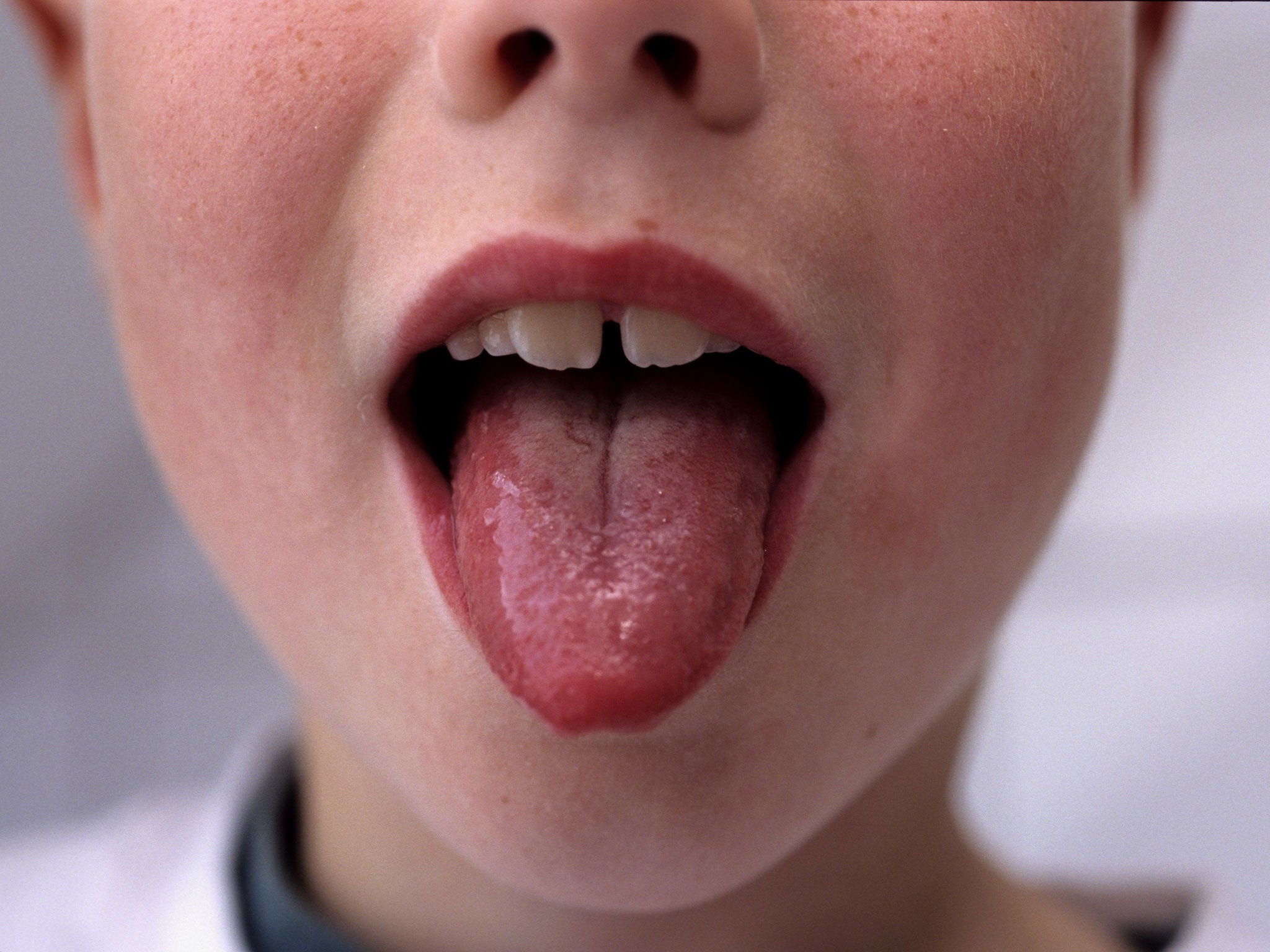Number of scarlet fever cases at a 24-year high in the UK
868 cases have been recorded for the first 8 weeks of 2014 compared to 591 in the same period last year

Data has revealed that the number of scarlet fever cases in the UK has reached a 24-year high.
Between the start of 2014 and the end of February, 868 cases of scarlet fever have been reported, according to Public Health England, the highest number of outbreaks since 1990.
In 2013, for the same period, only 591 cases had been recorded.
In the East Midlands alone, 134 cases have been notified in the first eight weeks of the year, compared to 56 during the same time the year before. In Lincolnshire nursery staff have been receiving letters guiding them on how to spot the warning signs.
Scarlet fever has been manifesting itself as a milder disease since 1885, and fatalities linked to the disease have become quite rare in developed countries. Between 1820 and 1880, cases of scarlet fever were often highly fatal.
According to the Health Protection Agency in 1959 47,919 cases were notified, however only one death was recorded. The age distribution of notifications shows that scarlet fever affects mostly children between the ages of one and four, followed by children between five and nine years old.
The number of scarlet fever outbreaks is higher during the first weeks of the year as the illness can spread through sneezing and coughing as the bacteria is found in mucus and saliva.
Scarlet fever is a bacterial illness that is recognised by a widespread pink-red rash that feels like sandpaper to the touch. It can be accompanied by high temperature, a swollen tongue and flushed cheeks. A simple course of antibiotics is usually needed to fight the scarlet fever.
According to the NHS, 2,000 to 4,000 cases are diagnosed in England every year.
Subscribe to Independent Premium to bookmark this article
Want to bookmark your favourite articles and stories to read or reference later? Start your Independent Premium subscription today.

Join our commenting forum
Join thought-provoking conversations, follow other Independent readers and see their replies